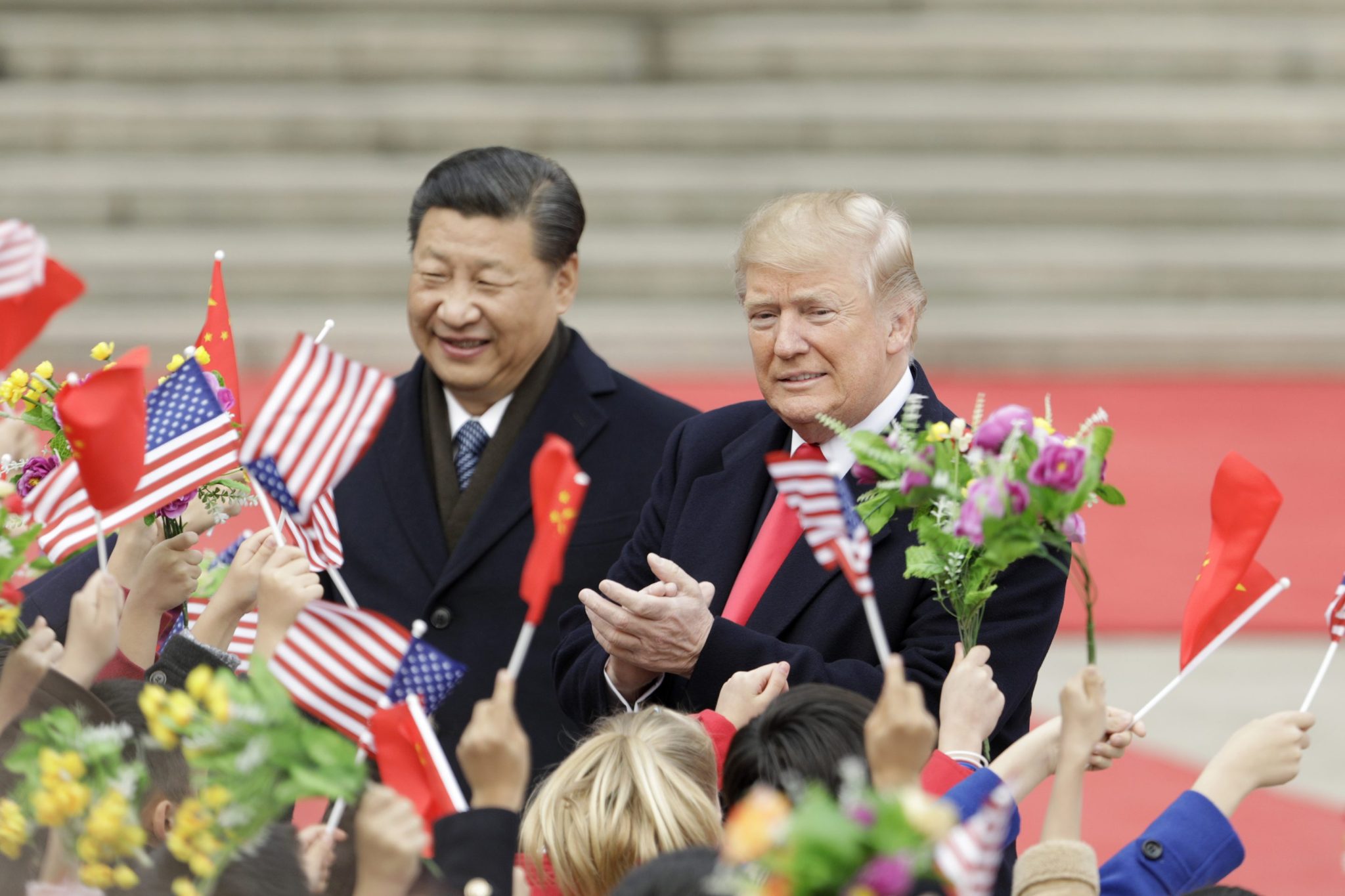The Trump administration plans to reject U.S. ethane exports to China that are heavily relied upon for plastics manufacturing in an apparent escalation of the temporary trade war truce between the world’s biggest superpowers.
The move may come in response to China placing restrictions on the exports of certain rare earth metals to the U.S. that are required for the tech and auto industries as the two countries continue to accuse each other of violating the trade truce.
U.S. ethane export leader Enterprise Products Partners (ranked 78 in the Fortune 500) said June 4 it was notified by the U.S. Commerce Department of the intent to deny 2.2 million barrels worth of planned ethane export cargoes from Texas to China. Enterprise said it has 20 days to respond.
The potential denial comes after the Commerce Department told U.S. companies in late May it would immediately require them to receive special federal licenses to export ethane and butane to China because of the “unacceptable risk” the natural gas liquids could be utilized for a “military end use.”
China is by far the largest importer of American ethane—the most common building block for petrochemicals and plastics worldwide. The U.S. is the only major exporter of ethane, making China entirely dependent on America’s exports. Roughly half of all U.S. ethane exports go to China, and the cargoes are not easily redirected to other nations.
“The [Commerce] decision has the potential to ruin the U.S. ethane market and disrupt global flows,” said Kristen Holmquist, managing director of analytics for RBN Energy, in an analyst note.
But the impacts on China would prove greater, said Julian Renton, of East Daley Analytics, in a separate note.
“If the restriction holds, China’s planned petrochemical expansions could become obsolete on arrival,” Renton stated. “Projects under construction may stall. Existing plants could face critical feedstock shortfalls. China bet billions on U.S. ethane—and that bet just got rerated overnight.”
Houston-based Enterprise said in a May 29 filing with the U.S. Securities and Exchange Commission that it’s unsure if it could obtain a special license in a timely manner—or at all—and that its ethane and butane business operations were at risk. The three cargoes Enterprise said were rejected on June 4 were sought under “emergency authorization requests” through the Trump administration.
Enterprise declined further comment June 4. The Commerce Department did not immediately respond to requests for comment, nor did other key ethane and butane exporters, such as Energy Transfer and Phillips 66.
“The requirements for the new [Commerce] licenses to export ethane and butane from the U.S. to China are unclear at this point; however, at least from the start, they are likely to throw the export markets into a bit of chaos,” Holmquist added. “If licenses are not issued or are slow to come about, this new rule could have a lasting effect on the industry.”
Ripple effects
When China implemented 125% retaliatory tariffs against the U.S. in April, ethane exports were immediately placed at risk. But China allowed a tariff exemption for ethane—demonstrating the importance of the product to China’s petrochemical sector—even before the truce lowered tariffs to 10% for now.
The butane restrictions are much less impactful because only a small portion of U.S. butane is sent to China and those flows can be much more easily sent elsewhere if necessary.
What is not clear is why propane also is not included in the U.S. export restrictions. China also is heavily dependent on propane imports from the U.S. that are also used for petrochemical manufacturing.
The U.S. exports about 250,000 barrels of ethane to China daily, as well as 360,000 barrels of propane, according to the U.S. Energy Information Administration (EIA).
Ethane, butane, and propane are the three primary natural gas liquids (NGLs) produced as a byproduct along with oil or natural gas. U.S. NGL volumes more than doubled in a decade to over 7 million barrels a day. according to the EIA. That spike triggered a U.S. petrochemical plant construction boom, as well as burgeoning export markets because domestic supplies now far exceed demand. The U.S. can’t just reduce NGL production because doing so would dramatically reduce crude oil and gas outputs.
The catch for U.S. ethane producers is, while the ethane cannot be easily rerouted to other countries, it can essentially disappear within the U.S., largely eliminating much of the ethane export industry temporarily.
That’s because of a phenomenon called ethane rejection. When ethane prices crater, the volumes can simply be rejected by keeping the ethane flowing in the natural gas production stream, meaning the ethane would contribute to domestic natural gas consumption for power generation and other uses.
But ethane rejection still cuts into profits for ethane transportation, storage and exports.
This story was originally featured on Fortune.com

